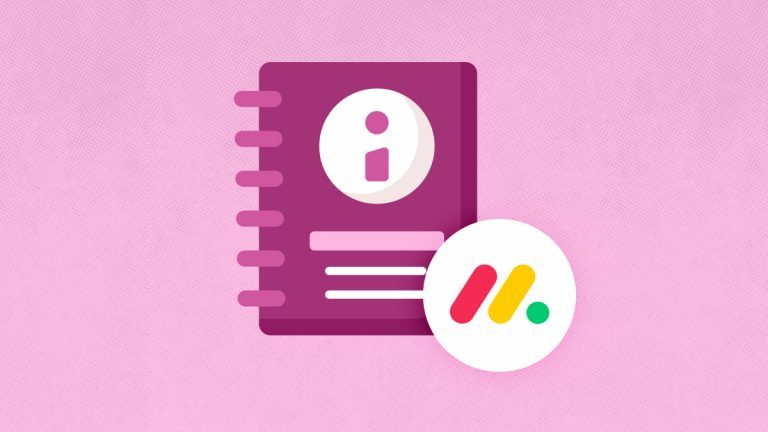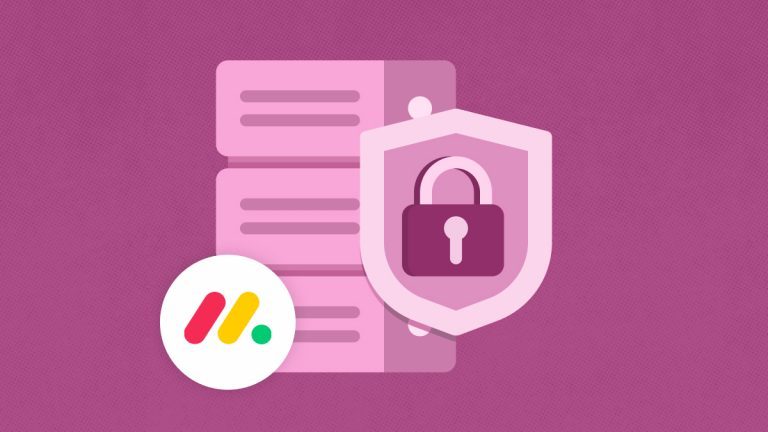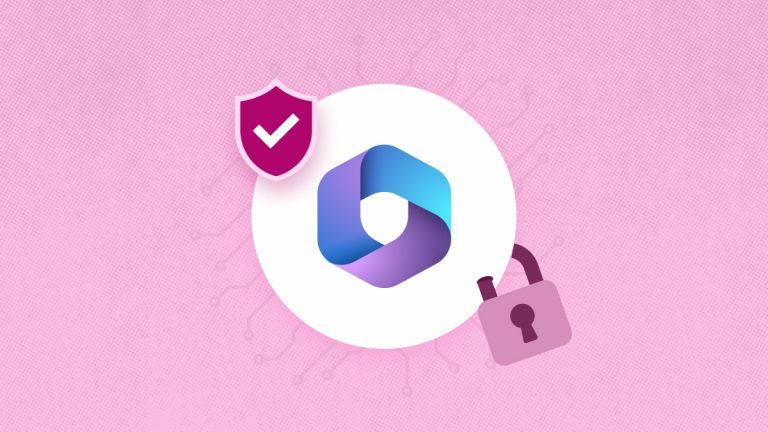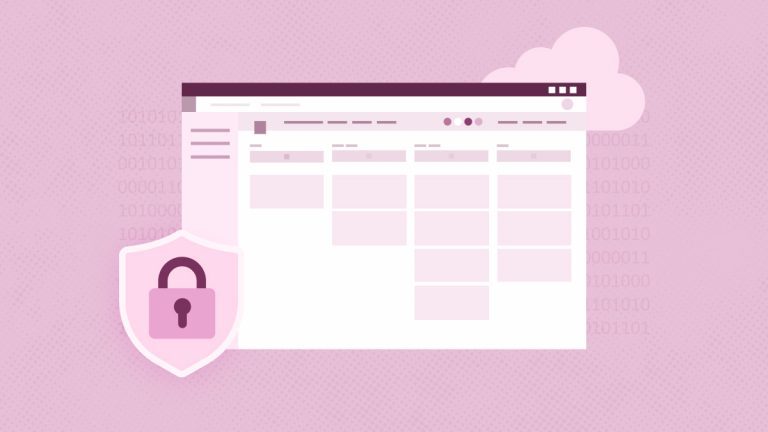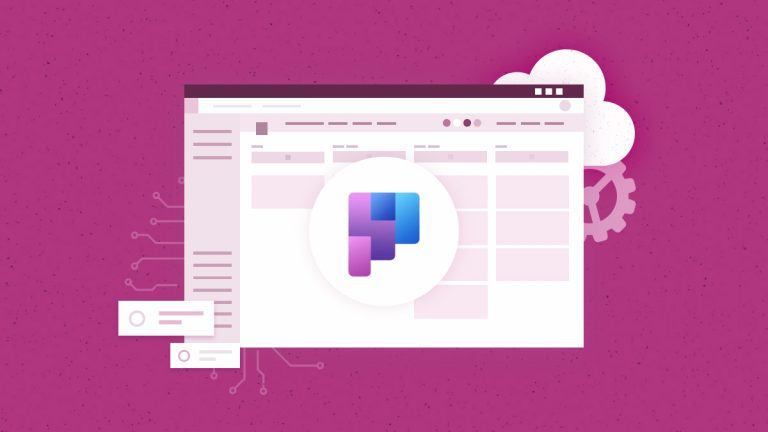
Elena Humeniuk
PPM Consultant
Project managers apply problem-solving techniques while using communication skills and multitasking abilities to manage projects. PMI reports strong global demand for project managers. College graduates typically begin their project management careers through undergraduate studies, though more professionals earn additional education credentials. Students and practicing project managers can obtain a degree in project management from different educational tiers to develop their skills while advancing their career potential. This article will support you in addressing your concern about what degree you need for project management.
What is a Bachelor’s in Project Management?
An undergraduate project management degree merges business fundamentals, management knowledge, and leadership development while integrating curriculum topics like accounting, organizational conduct, and business statistical understanding. The necessary soft skills PMI has identified for success in the field are among the competencies students develop during their studies.
The typical schedule for a bachelor’s in project management studies involves 120 credits for four years of full-time attendance. Students who attend part-time will need extra time to finish their studies, yet selected schools provide fast-track degree programs for faster completion.
Undergraduate project management degrees prepare students for entry-level project manager positions. Graduates with undergraduate degrees in project management can start their careers as construction managers, logistics managers, or project coordinators, and they can be qualified for computer and information systems manager positions.
Common Aspects of Project Management Program
Design of Effective Teams and Organizations
The course teaches students about building functional teams, which engages with fundamental strategies to link organizational performance. The curriculum examines structure, tasks, behavior, organizational culture, and human resources.
Project Scheduling and Cost Management
Students learn to execute project management through scheduling and cost management using applicable tools for standard project sequences. Students can investigate WBS, integrated networks, schedule controls, budgets, and cost accounts. Cost data informs learners about price-related aspects from start to finish of project development.
Project Risk and Change Management
The class examines realistic project examples and case studies that enable students to handle project disruptions and crises. SWOT analysis is one of the topics, together with risk mitigation processes and risk breakdown approaches. Students develop skills to preserve stakeholder relationships even when dealing with risk elements and critical situations.
People and Communication in Projects
The evaluation of projects through case studies focuses on identifying how people and communication factors shape their development. The curriculum teaches students about human resource planning and stakeholder engagement methods while showing them how to manage relationship capital through various project stages.
Graduate Degrees in Project Management
Master’s in Project Management
Students need thirty credits to complete their master’s in project management, which lasts two years. At the same time, accelerated programs have one-year completion times, whereas part-time programs provide students up to five years to complete their degrees. The targeted curriculum of this graduate program teaches only project management subjects.
Project management master’s degree programs feature supply chain management alongside engineering and enterprise architecture. The coursework comprises planning and resource management, interpersonal and group behavior, and cost and value management.
MBA in Project Management
The MBA in project management provides future project managers with an additional qualification for career growth. This broad educational program contains fewer intensive project management classes yet delivers essential business concepts that open multiple employment paths inside and outside project management careers.
Most MBAs require students to finish 30 to 36 credits while they pursue their studies for about two years.
Doctorate in Project Management
Doctorates such as Ph.D. degrees and Doctor of Business Administration (DBA) in project management qualify candidates to fill executive project management positions or pursue either research or academic roles. The terminal programs demand between 36 to 60 credits for completion and extend across a typical period of four years. Doctoral candidates finish their Ph.D. training through dissertation writing, but academic residents in the DBA project management pathway conduct an applied research project upon graduation.
Project Management Professional (PMP) Certification
The Project Management Professional (PMP) certification is a worldwide accepted project management qualification. It evaluates candidate competence in handling business objectives, employee relationships, and process and project management. This certification is offered by the Project Management Institute (PMI). As per PMI’s recent stats, there are more than one million PMP-certified professionals worldwide. Project managers from all business sectors, including health, construction, information technology (IT), and business, can benefit from this certification.
PMP Certification Requirements
The knowledge you get while preparing for the exam gives your PMP certification meaning. To qualify for the PMP certification exam, you must meet education, experience, and training requirements based on one of the following three sets:
High School Diploma/Associate Degree
- 35 hours of project management training (or CAPM certification)
- 60 months (5 years) of project management experience in the last 8 years
Bachelor’s Degree (or global equivalent)
- 35 hours of project management training (or CAPM certification)
- 36 months (3 years) of project management experience in the last 8 years
Bachelor’s Degree (from a GAC-accredited program)
- 35 hours of project management training (or CAPM certification)
- 24 months (2 years) of project management experience in the last 8 years
Project Management Certification Cost & Renewal
As of October 2024, the PMP certification exam costs $675 for non-PMI members and $425 for PMI members. PMI membership is $159 annually, with special discounts for students and retirees. The certification remains valid for three years and can be renewed by earning 60 professional development units (PDUs) through professional development activities. If these requirements are unmet, candidates must retake the exam to remain a Certified Project Management Professional.
How to Get PMP Certification
- Requirements: You must track your project experience, roles, and training to maintain eligibility status. You need 35 hours of project management training, which can be completed through PMP certification courses (waived if you have a CAPM certification). The Google Project Management Professional Certificate lets you satisfy the qualifying requirements while boosting your professional credentials.
- Apply: You must establish a PMI website account and submit your education and project experience information before paying the exam fee. Once approved, you can schedule your test, a crucial step in taking the PMP exam to obtain your project manager license.
- Study for the Exam: Before taking the exam, you should study for 60-120 hours between two and six months. Use PMI study guides, take practice exams, and enroll in PMP training and certification programs to understand the Project Management Body of Knowledge (PMBOK Guide).
- Take the PMP Exam: The 4-hour PMP Examination has 180 multiple-choice questions that students can complete at an authorized test center or through their computer system. Successfully taking the PMP exam earns you the globally recognized project manager license.
- Maintain your Certification: Professional development units represent 60 PDUs that project managers must earn throughout three certification years by completing courses, training, or project work. A Certified Project Management Professional is required to re-examine if they do not maintain their certification through 60 PDUs needed over three years.
Other Project Management Certifications
Projects requiring different project management frameworks should be evaluated for certifications such as Agile or Scrum. Agile focuses on adaptability and speed, with certifications like AgilePM and SAFe. Scrum focuses on iterative work cycles through certifications, which include CSM and PSM. The Agile and Scrum training from IBM spans 11 hours and constitutes the mandatory 35 hours of PMP’s training requirements.
Conclusion
Earning a project management degree provides a strong foundation for career growth, but do you need a degree in project management? Professional success in project management roles becomes attainable through a college education, industry work experience, and PMP certification credentials. Project management degree requirements vary by level. From bachelor’s to doctoral programs, it equips students with essential skills like leadership, risk management, strategic planning, etc. Individuals who want to become successful project managers can acquire expertise in this expanding field through degree or certification programs.
Importance of backup & recovery
Read the article to learn more about data protection for project management












